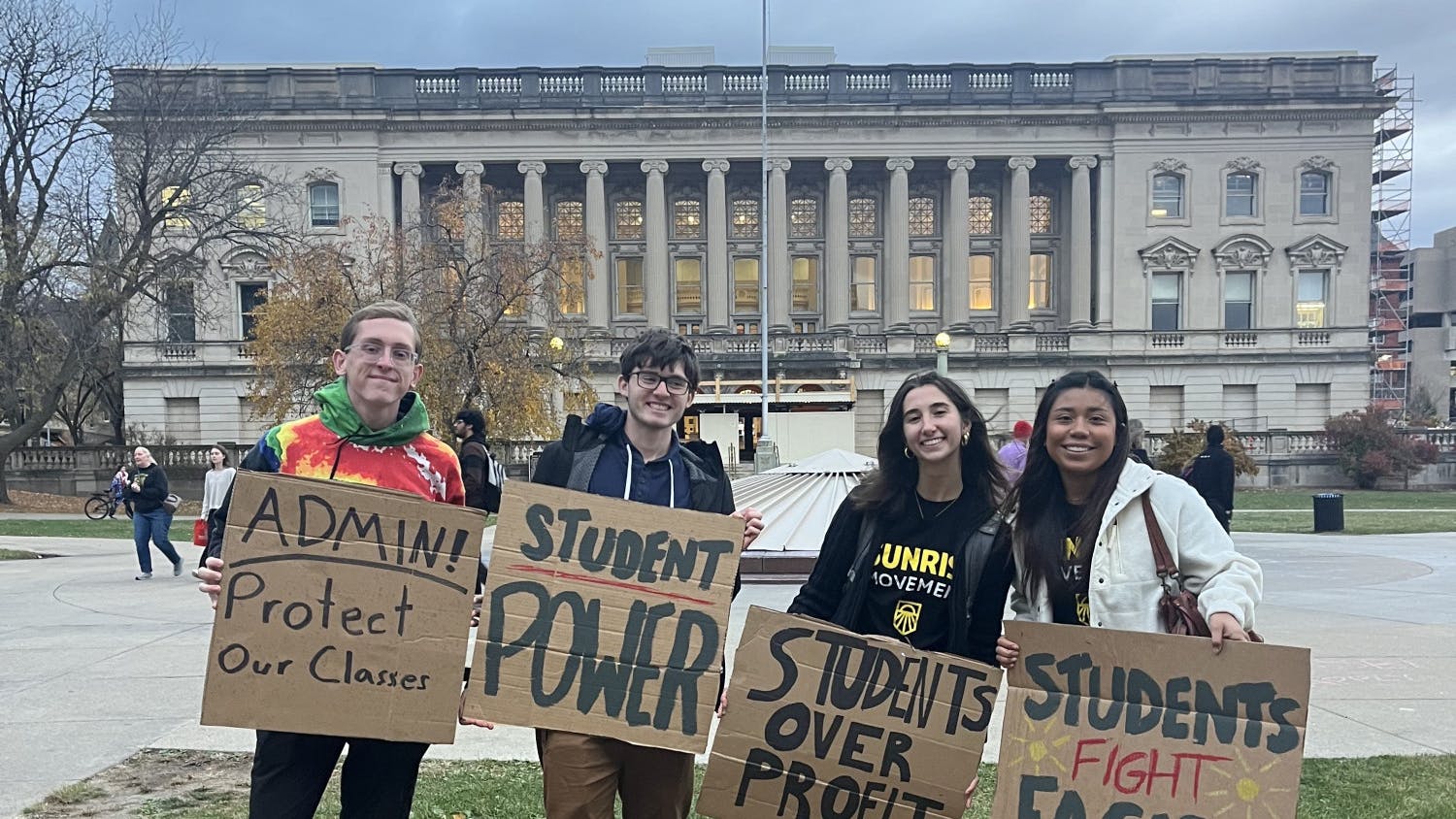We are often taught in economics classes, via simple models, that unfettered free trade makes everyone better off. In an era when many of the goods and services we consume are not produced in the United States, understanding international trade is especially important. However, the world is infinitely more complicated than those economic models, and in the current global economy, ""free trade"" can actually leave many people worse off.
The current procedure for implementing trade agreements between the United States and other countries is based on a ""fast-track authority,"" which cedes Congress' constitutional power to regulate commerce with foreign nations. Unless it is reauthorized, which it should not be, fast track is set to expire in June.
Under the fast-track system, the presidential administration can sign trade agreements before Congress even has a chance to see them. Congress has no say in which nations the United States chooses to negotiate with, no input into the content of the trade agreements, and debate is limited to 20 hours after the agreement is signed.
These 20 hours of debate can only determine a ""yes"" or ""no"" vote to the entire package. Congress has no real voice in the debate, which leaves the average citizen with no voice at all.
Not only is fast track undemocratic, the actual agreements passed under the fast-track mechanism are inherently bad for both the United States and the other signing country. These trade agreements, or FTAs, dump heavily subsidized U.S. agricultural products on other countries' markets, which means farmers in those countries are forced off their land because they cannot compete with cheaper imports.
Most U.S. agricultural subsidies go to large corporate farms instead of smal farmers. These agreements also do not contain enforceable labor or environmental standards, which creates a ""race to the bottom"" in terms of working conditions and wages (not to mention the export of jobs), and also can erode long-standing environmental laws.
In fact, a company of one of the signing countries of an FTA can sue the other signing nation over environmental protections that the company considers a ""trade barrier.""
For example, under the North American Free Trade Agreement, the Mexican government was forced to pay an American company over $15 million because it denied the American company the right to dump toxic waste, which would have resulted in contamination of the community's drinking water.
Also, an issue with FTAs that is not often addressed in the mainstream press but deserves attention is the relationship between trade agreements and public health. The U.S.-Colombia FTA, which is currently pending ratification in both nations' legislatures, will further hinder access to generic versions of essential medicines. AIDS drugs from the leading pharmaceuticals in the United States cost $10,000 per year in 2000, which is a huge expense for Americans, let alone those in developing countries.
Generic companies are able to sell those drugs for the equivalent of $150 per year—still not a small price to pay for many, but a drastic improvement from $10,000. Trade agreements should make access to generics easier, not more difficult.
Simple economic trade models, while they have their place, usually dehumanize workers and lump them into the general term ""labor."" However, it is important to remember everything we consume is produced by human beings, not a distant abstract concept.
Of course we need to have trade agreements, but these trade agreements need to work for the benefit of people and the planet—not merely profits. The first step toward fairer trade agreements is replacing fast-track authority with a mechanism that allows for more public debate .





